Small Dog Breeds: Your Guide to Perfect Companions
Small dog breeds have gained immense popularity among pet enthusiasts for various reasons. They are often seen as more manageable, apartment-friendly, and equally affectionate as their larger counterparts. Whether you are a first-time dog owner or an experienced pet parent, a small dog can bring joy and companionship into your life. This guide will explore some of the most beloved small dog breeds, their unique characteristics, and tips on choosing the right one for your lifestyle.
Table of Contents
ToggleWhy Choose a Small Dog Breed?
Small dogs are often chosen for their adaptability, especially in urban settings where space is a premium. They are typically easier to transport, require less food, and their exercise needs can be met with shorter walks. However, their personalities and care requirements can vary significantly, making it essential to understand each breed before deciding.
Personal Anecdote: My Journey with a Small Dog
My journey with small dog breeds began a few years ago when I adopted a Chihuahua named Bella. Living in a city apartment, I needed a pet that wouldn’t require a large yard or extensive exercise. Bella turned out to be the perfect fit. Her playful and loving nature made her an instant hit with my family and friends. Despite her small size, Bella has a big personality and has taught me that small dogs can be just as lively and full of character as larger breeds.

Popular Small Dog Breeds
1. Chihuahua
Characteristics:
- Weight: 2-6 pounds
- Height: 6-9 inches
- Lifespan: 12-20 years
Chihuahuas are the smallest dog breed in the world, known for their big ears and even bigger personalities. They are loyal and often form a strong bond with one person. Despite their small size, they are courageous and can be quite protective.
Pros:
- Easy to transport
- Low grooming needs
- Long lifespan
Cons:
- Can be fragile
- Prone to dental issues
2. Pomeranian
Characteristics:
- Weight: 3-7 pounds
- Height: 6-7 inches
- Lifespan: 12-16 years
Pomeranians are known for their fluffy coats and fox-like faces. They are intelligent and alert, making them excellent watchdogs. Their playful and sociable nature makes them great companions for families and singles alike.
Pros:
- Adaptable to various living environments
- Intelligent and easy to train
- Social and friendly
Cons:
- Requires regular grooming
- Can be prone to barking
3. French Bulldog
Characteristics:
- Weight: 16-28 pounds
- Height: 11-12 inches
- Lifespan: 10-14 years
French Bulldogs are sturdy little dogs with distinctive bat-like ears and a muscular build. They are known for their affectionate nature and are excellent companions for people of all ages. Frenchies are relatively low-energy and adapt well to apartment living.

Pros:
- Minimal grooming needs
- Good with children
- Low exercise requirements
Cons:
- Can have respiratory issues
- Prone to weight gain
4. Dachshund
Characteristics:
- Weight: 16-32 pounds (Standard), 8-11 pounds (Miniature)
- Height: 8-9 inches (Standard), 5-6 inches (Miniature)
- Lifespan: 12-16 years
Dachshunds, often referred to as “wiener dogs,” have a distinctive long body and short legs. They are curious and brave, originally bred for hunting small game. Dachshunds come in three coat types: smooth, long-haired, and wire-haired, each with its grooming needs.
Pros:
- Loyal and loving
- Good watchdogs
- Playful and energetic
Cons:
- Can be prone to back issues
- Requires regular exercise to prevent obesity
Choosing the Right Small Dog Breed
When choosing a small dog breed, it’s crucial to consider your lifestyle, living situation, and what you expect from your pet. Here are some tips to help you make the right decision:
- Assess Your Living Space:
- Small dogs can adapt to various living situations, but some breeds are better suited for apartment living. For instance, French Bulldogs and Chihuahuas are great for smaller spaces, while more active breeds like Dachshunds might need a bit more room to roam.
- Consider Your Activity Level:
- Different breeds have different exercise needs. If you lead an active lifestyle, a Dachshund or a Jack Russell Terrier might be a good match. On the other hand, if you prefer a more relaxed pace, a French Bulldog or a Pug could be ideal.
- Grooming Requirements:
- Some small breeds, like Pomeranians and Shih Tzus, require regular grooming to keep their coats healthy and clean. If you’re looking for a low-maintenance option, consider breeds like the Chihuahua or the French Bulldog.
- Temperament and Personality:
- Consider what kind of personality traits you value in a dog. For example, if you want a dog that’s highly trainable and eager to please, a Poodle might be a good choice. If you prefer a more independent dog, consider a Shiba Inu.

Personal Anecdote: Finding the Perfect Match
When my friend Sarah was looking for a small dog, she spent months researching different breeds. She wanted a dog that was good with children, low maintenance, and affectionate. After much consideration, she decided on a Cavalier King Charles Spaniel. Now, two years later, Max has become an irreplaceable part of their family. He’s gentle with her young kids and loves to snuggle on the couch, proving that the right breed can make all the difference in creating a harmonious home.
Caring for Your Small Dog
Once you’ve chosen the perfect small dog breed, it’s essential to understand their care requirements to ensure they lead a happy and healthy life.
Nutrition
Small dogs have faster metabolisms than larger breeds, so they require a diet that’s rich in high-quality protein and nutrients. Look for dog foods specifically formulated for small breeds to ensure they get the right balance of nutrients.
Exercise
While small dogs may not need as much exercise as larger breeds, they still require regular physical activity to stay healthy. Short walks, playtime in the yard, or indoor games can help keep them fit and mentally stimulated.
Training
Training is crucial for any dog, regardless of size. Start with basic commands and gradually move on to more advanced training. Small dogs can sometimes develop behavioral issues if not properly trained, so consistency and positive reinforcement are key.
Grooming
Grooming needs vary depending on the breed. Regular brushing, nail trimming, and dental care are essential for all small dogs. Some breeds may also require professional grooming every few months.
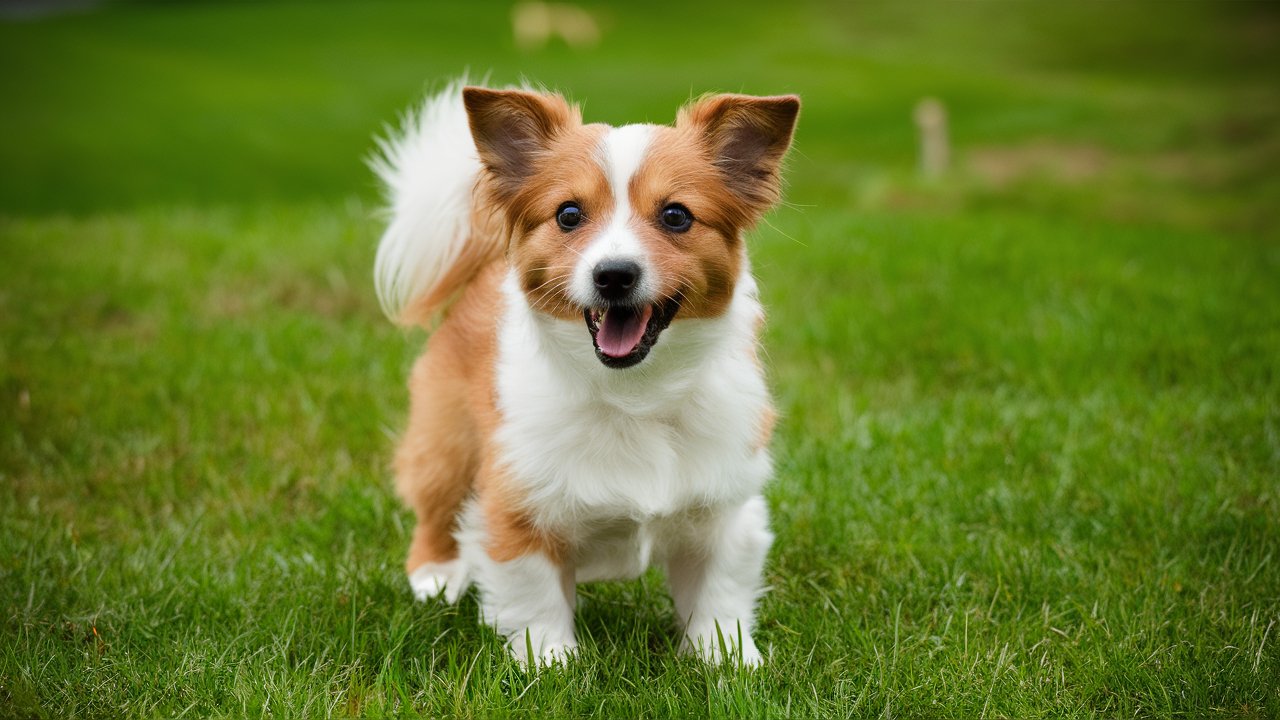
Conclusion
Small dog breeds offer a unique blend of charm, personality, and convenience, making them ideal pets for a wide range of lifestyles. Whether you’re drawn to the playful nature of a Pomeranian, the loyal companionship of a Dachshund, or the affectionate demeanor of a French Bulldog, there’s a small dog breed out there that’s perfect for you.
Remember to consider your living situation, activity level, and grooming preferences when choosing a breed. And most importantly, give your new furry friend all the love and care they deserve. With the right breed and proper care, a small dog can bring endless joy and companionship into your life, just as Bella did for me.
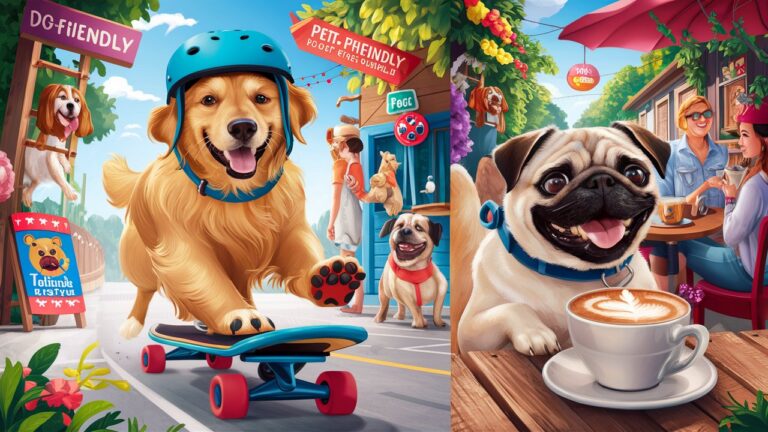
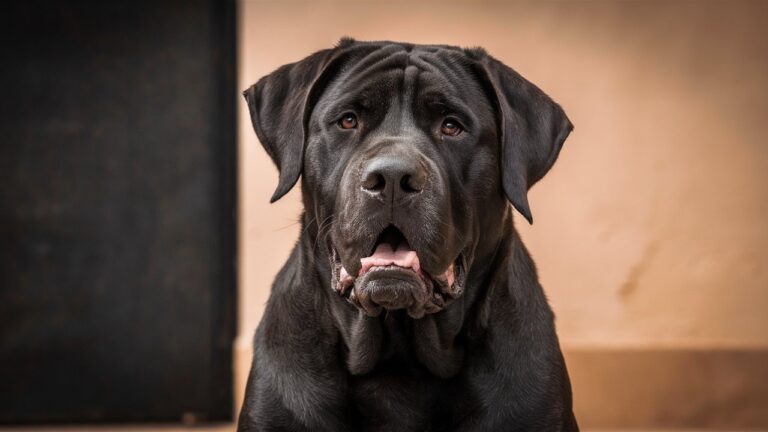
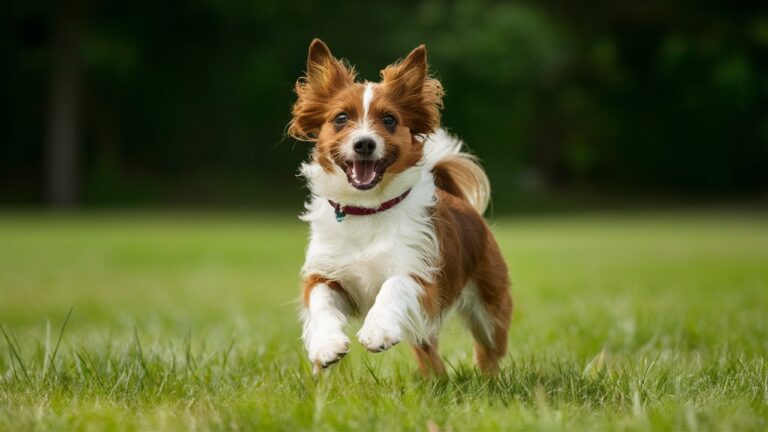
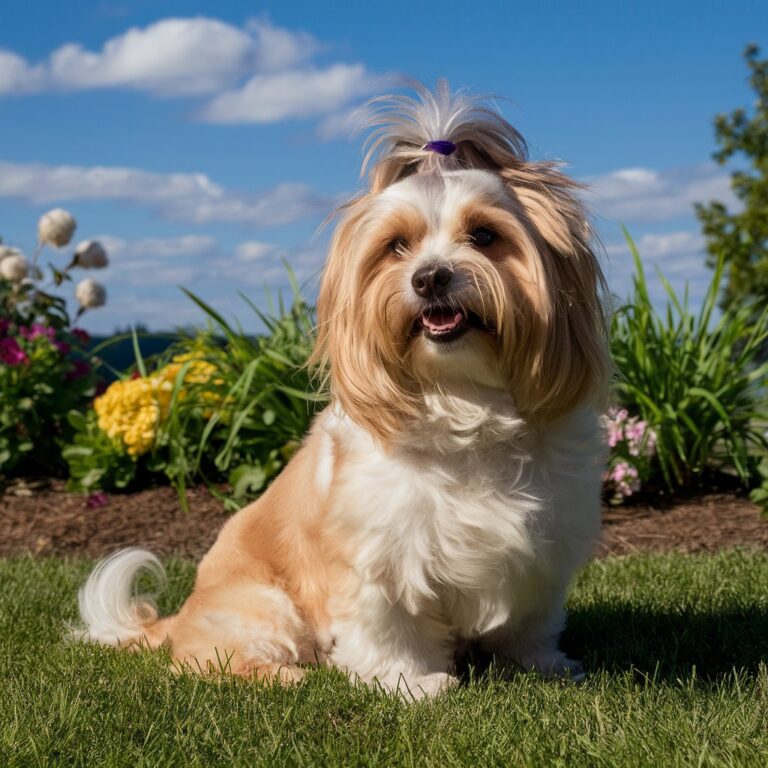
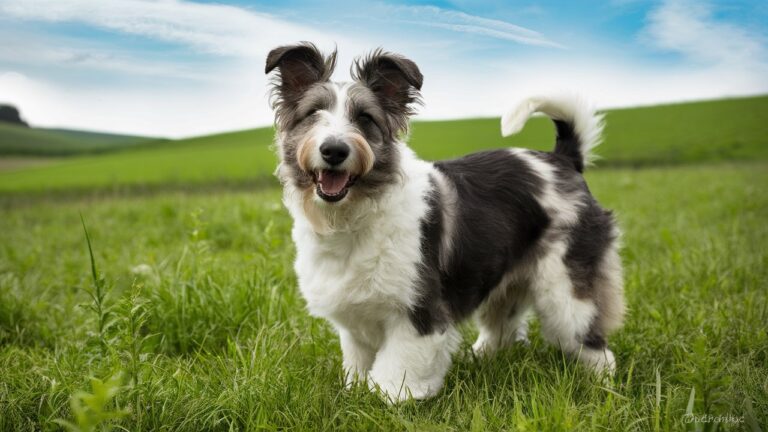

Your article helped me a lot, is there any more related content? Thanks!
Thank you! I’m glad the article helped – I have more related content, so feel free to explore my other posts! 🙂